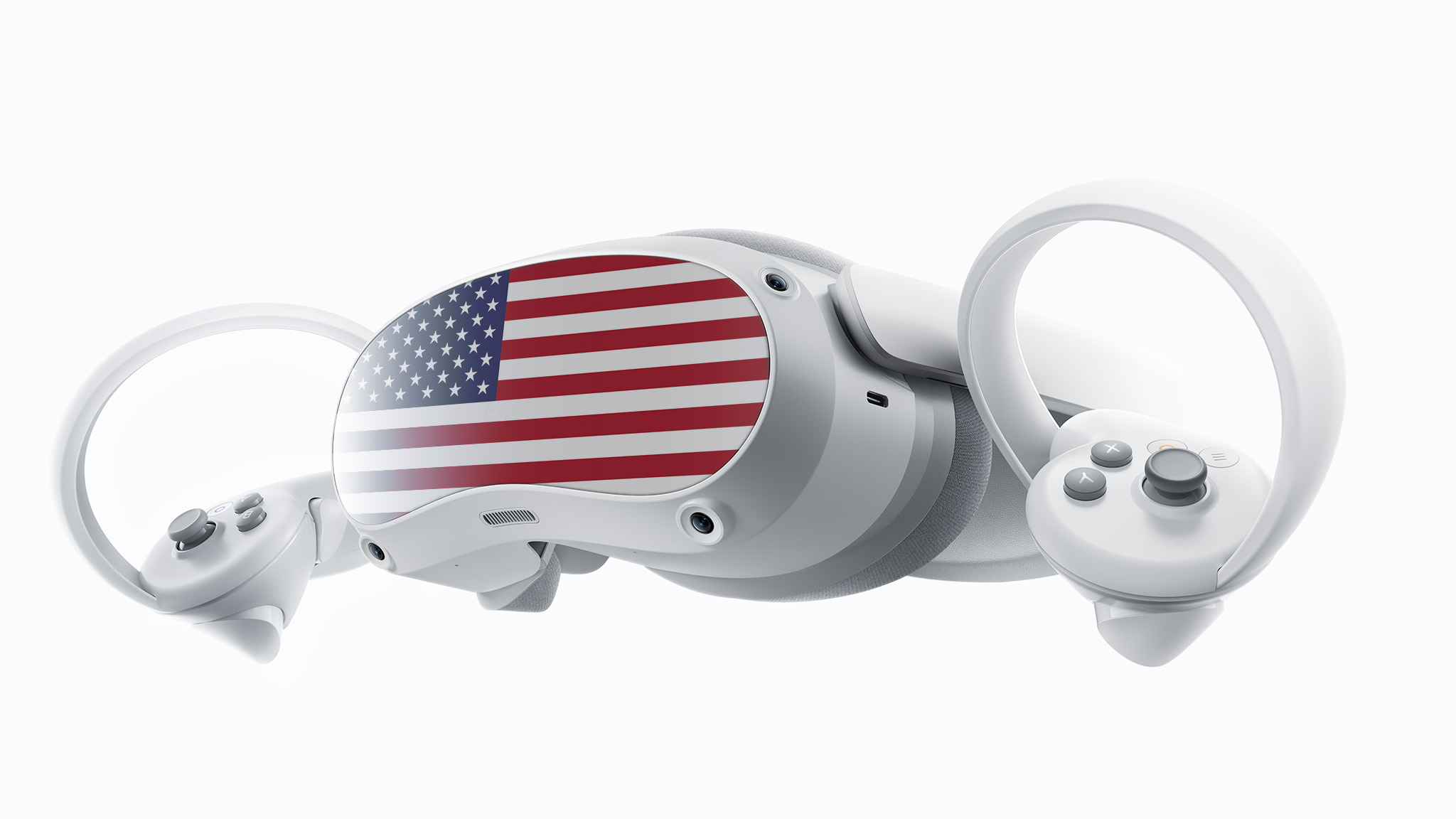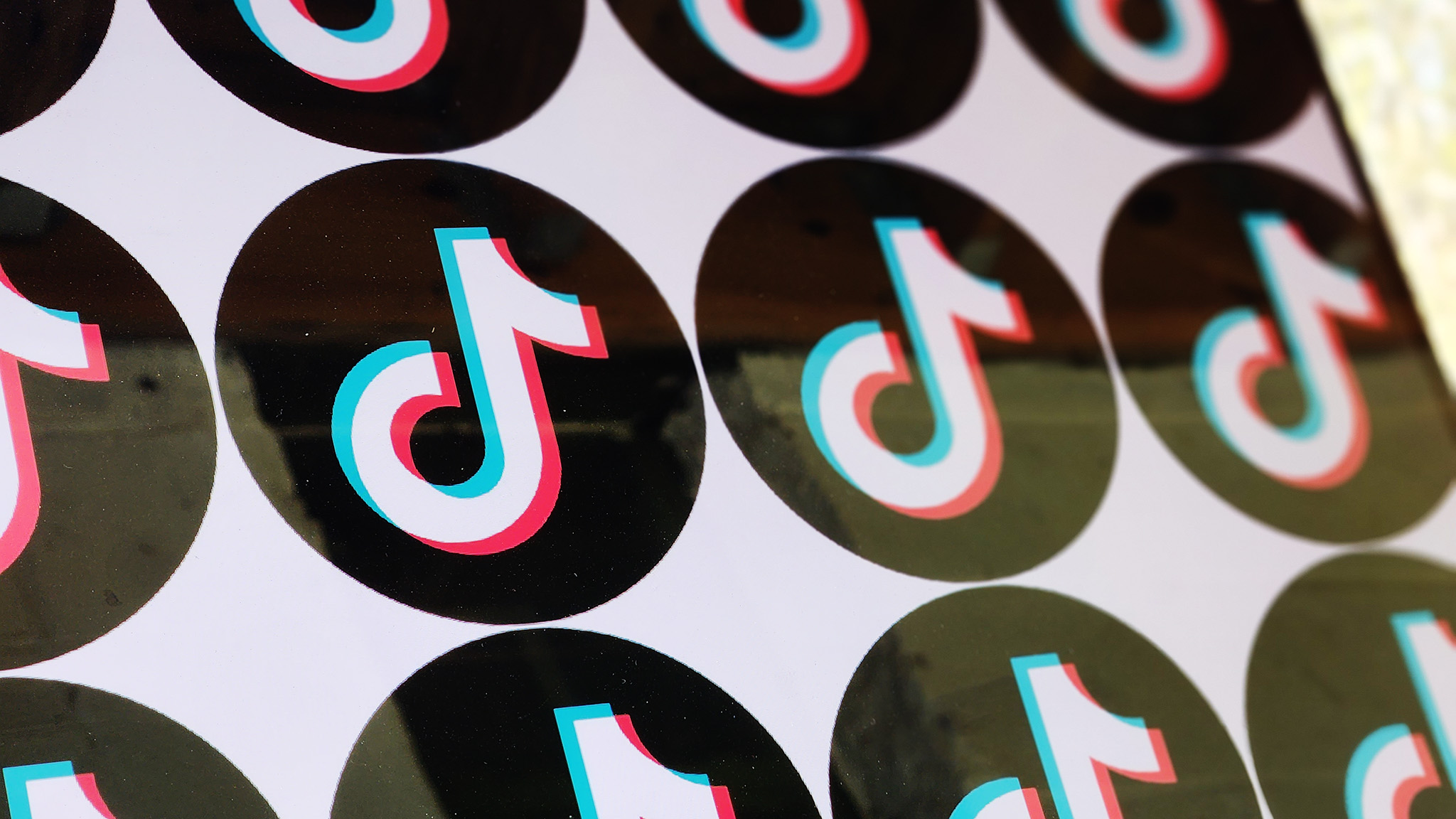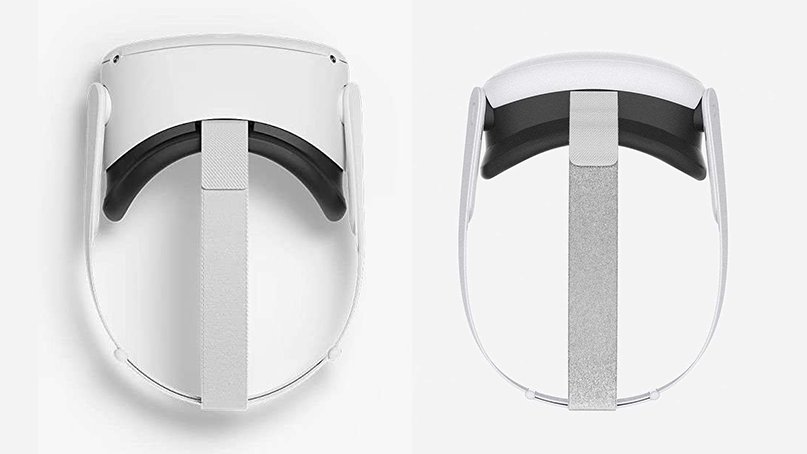Pico can’t let TikTok stop its US launch
Consumers care more about the product than the company.

This week, the annual Game Developers Conference (GDC) was met with a hurricane and a barrage of people, but there was one storm that we expected but never saw materialize: the Pico 4's U.S. launch.
We've been expecting the Meta Quest competitor to announce its plans since the headset debuted last year and, based on a Tweet from the company, GDC was supposedly the place it was finally going to happen. Now, according to The Verge, those plans were put on hold thanks to all the hubbub happening with TikTok and the U.S. Congress this week.
But while the U.S. Congress is grilling TikTok's CEO to see whether or not user data is shared with China, I would wager that few consumers actually care about any of this. In fact, we have so many examples of privacy data being leaked or sold and, yet, consumer behavior hasn't changed at all. If anything, Pico should be forging ahead with a U.S. launch because of all the interest being generated about TikTok right now.
As P.T. Barnum once said, "there’s no such thing as bad publicity."
Tapping into the world's second-largest social network

If there's any company that could successfully launch a new piece of VR hardware in the U.S. in 2023 to challenge Meta's dominant position, it's ByteDance. The same company that's currently coming under fire for being an "arm of the Chinese government" owns both TikTok and Pico and could very easily leverage TikTok's reach to convince its 1.5-billion users that the Pico 4 is the next big thing.
Because let's be frank, data privacy is probably quite low on the list of things TikTok users care about. In fact, I don't think most customers care all that much about their data privacy, as a whole. Apple might have made a platform campaigning its devices as the hail Mary of modern privacy-forward technology, but the actual usage habits of users on the internet tell me that this is just marketing speak that people like to hear.
Data privacy and protection claims are nice to hear but most consumers don't actually seem to care.
Otherwise, would anyone use Google or Facebook products? The answer is no. Emphatically, no.
Be an expert in 5 minutes
Get the latest news from Android Central, your trusted companion in the world of Android
The Quest 2 wouldn't be the most popular VR headset by a country mile if people were actually worried about where their data went. This conversation is largely a non-starter for consumers when it comes to using a good product.
I think one TikTok user sums it up nicely:
@paizleylaura The tiny fbi agent in my phone is already in love with me.
♬ original sound - paizleylaura
Even the US Government doesn't actually care about consumer privacy. This whole TikTok/Bytedance charade is entirely down to politics and, if TikTok were a U.S.-based company, you would never see the CEO on Capitol Hill testifying about privacy — the exception would be if a Cambridge Analytica-style scandal erupted.
Don't wait for the Quest 3

Meta's Quest 3 is on its way this Fall and, if leaks and rumors are correct, it'll feature a chipset that's twice as powerful as the one in the Quest 2 and Pico 4. Pico will undoubtedly have the price advantage and, at the same price, the Pico 4's hardware is substantially better and more comfortable than the Quest 2.
We also know that Meta isn't going to stop selling the Quest 2 any time soon as it'll likely price is lower than the Quest 3 and offer it as the more affordable option.
Likewise, Meta is working on launching 41 new apps and games alongside the Quest 3 and its publishing arm, Oculus Publishing, is contributing funds to over 150 new Quest games for its ecosystem.
Pico has the real chance to become the Xbox of the VR market, but only if they actually launch a product that U.S. consumers can buy.
With that said, most of the titles that Oculus Publishing has funded in the past were also released for competing VR headsets including the PSVR 2 where all of which were upgraded with better graphics and improved features.
Based on the Pico 4's current library and the company's own exclusive content, the VR console space could look pretty similar to the Xbox vs PlayStation debate that continues to rage across social media daily. Just swap Microsoft and Sony's names out for Meta and Pico.
But none of that can happen unless Pico launches the Pico 4 in the U.S., especially, if it doesn't get a move on and beat Meta to the punch with an updated headset.

